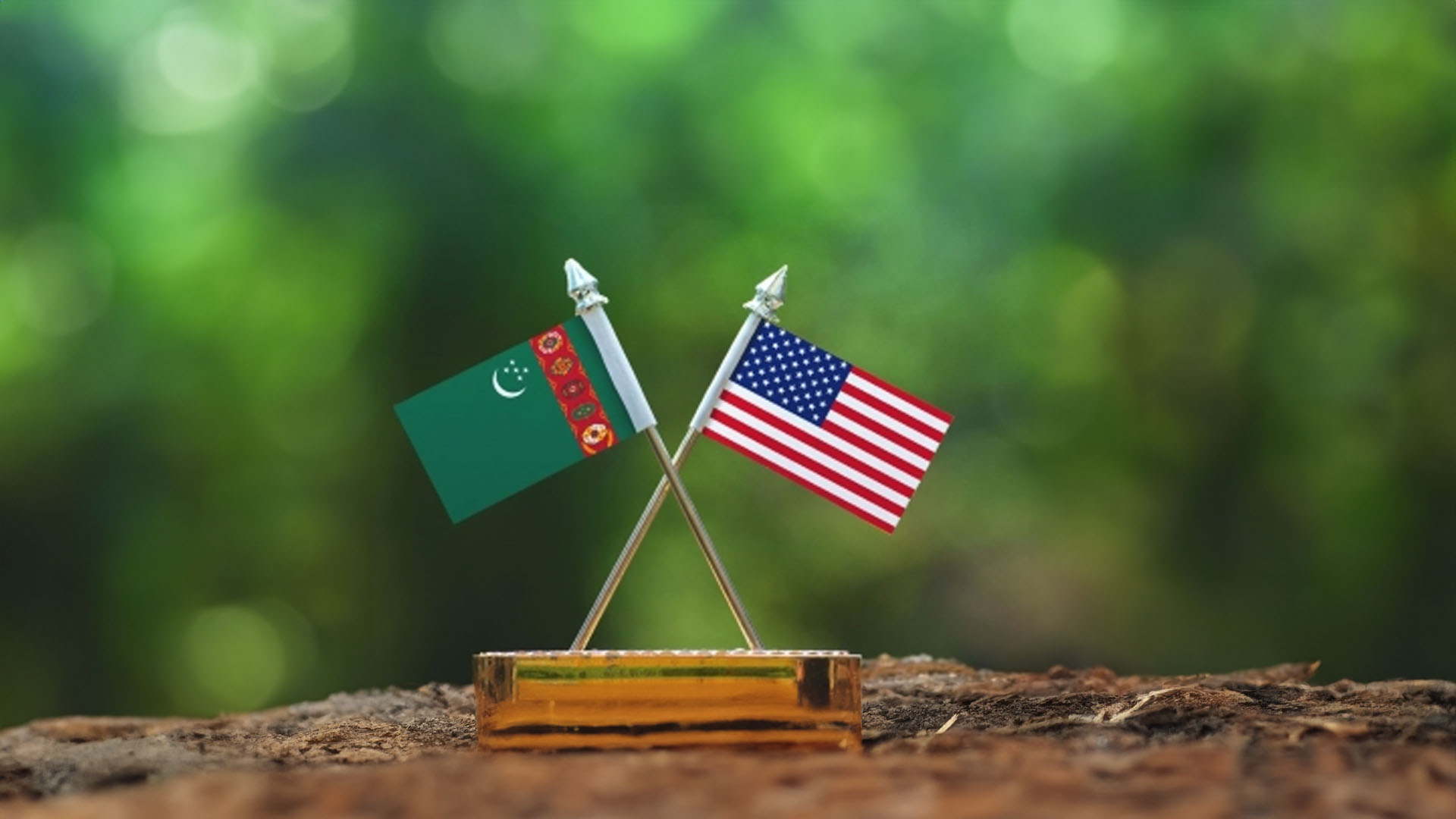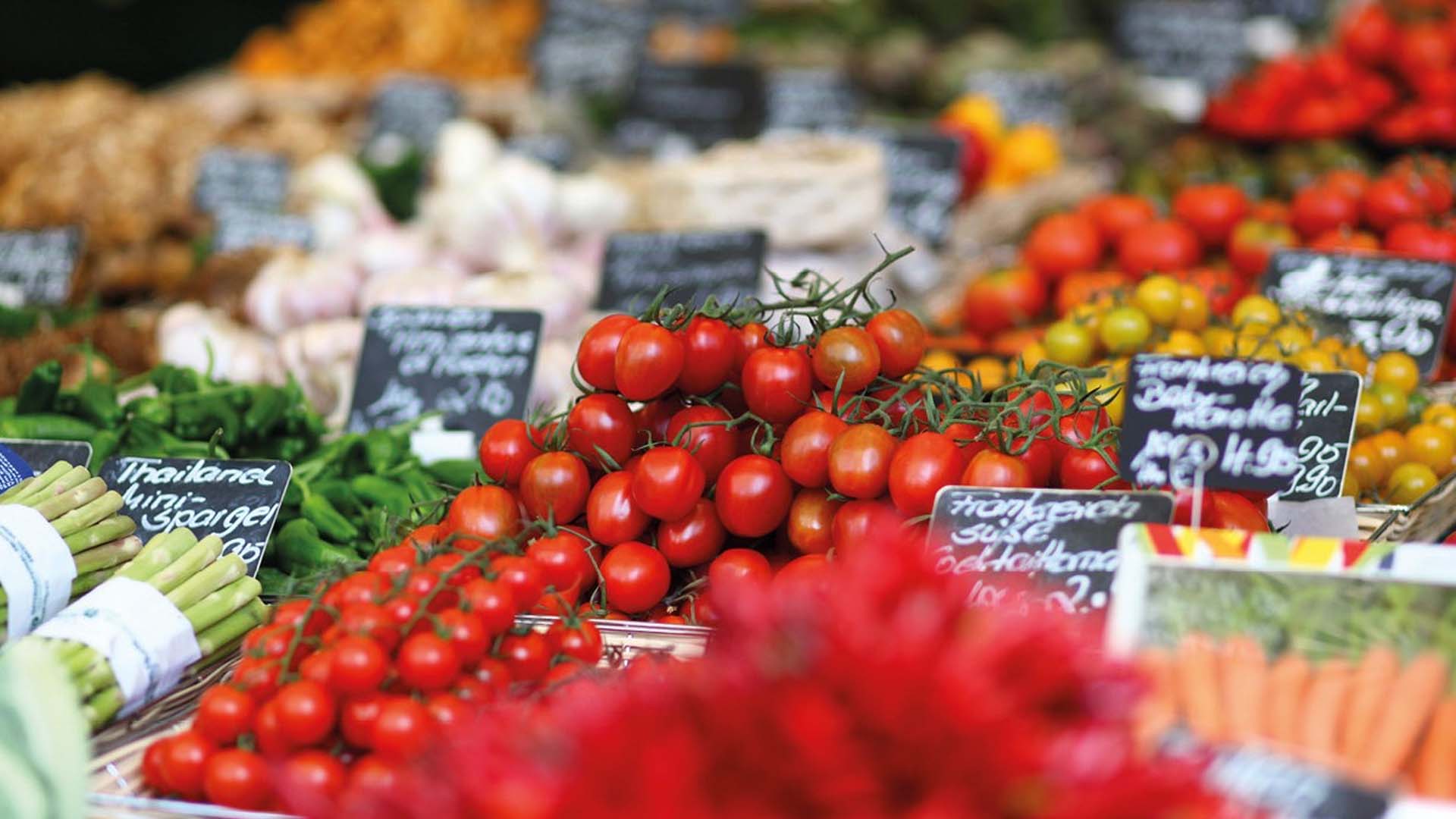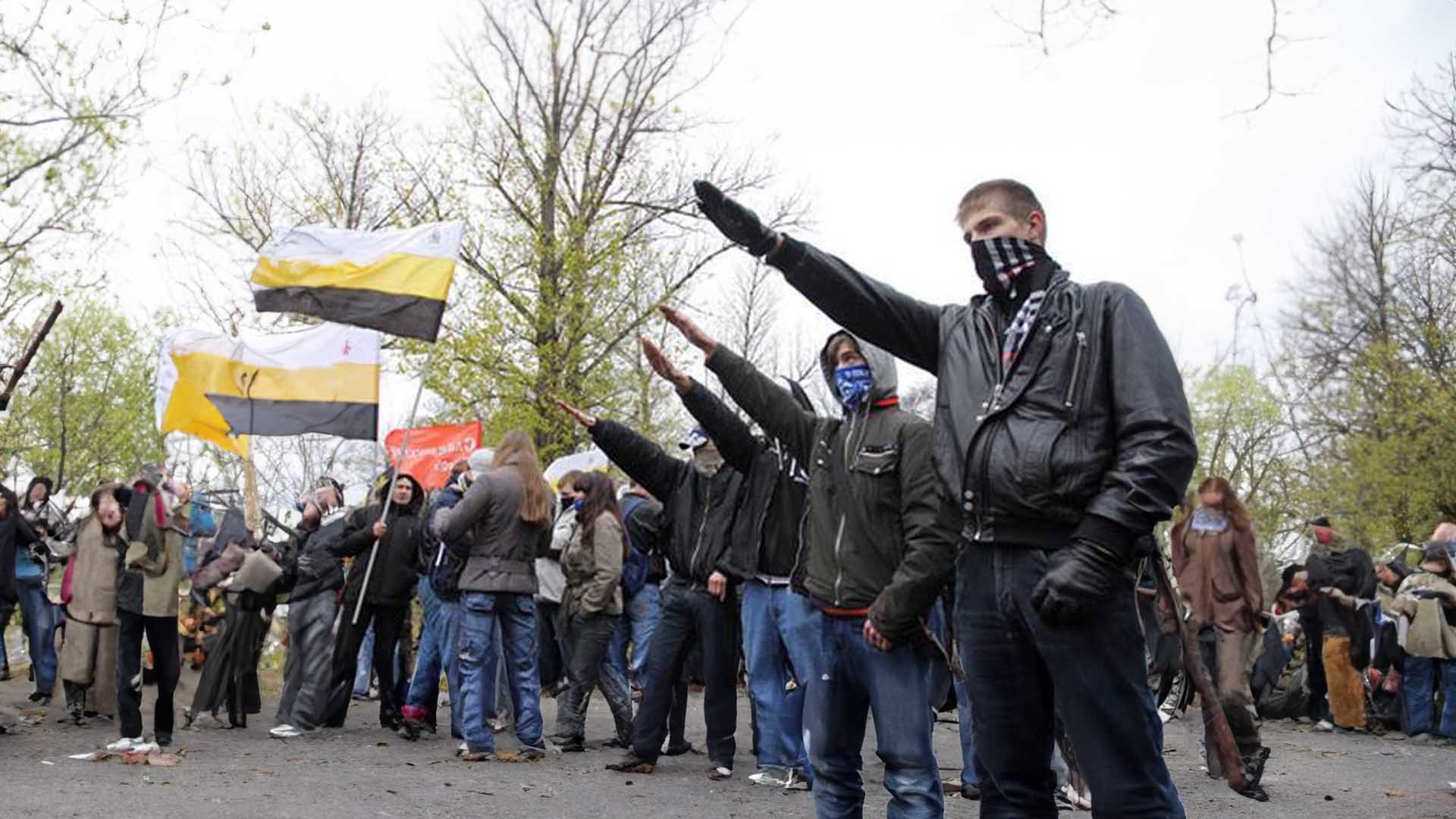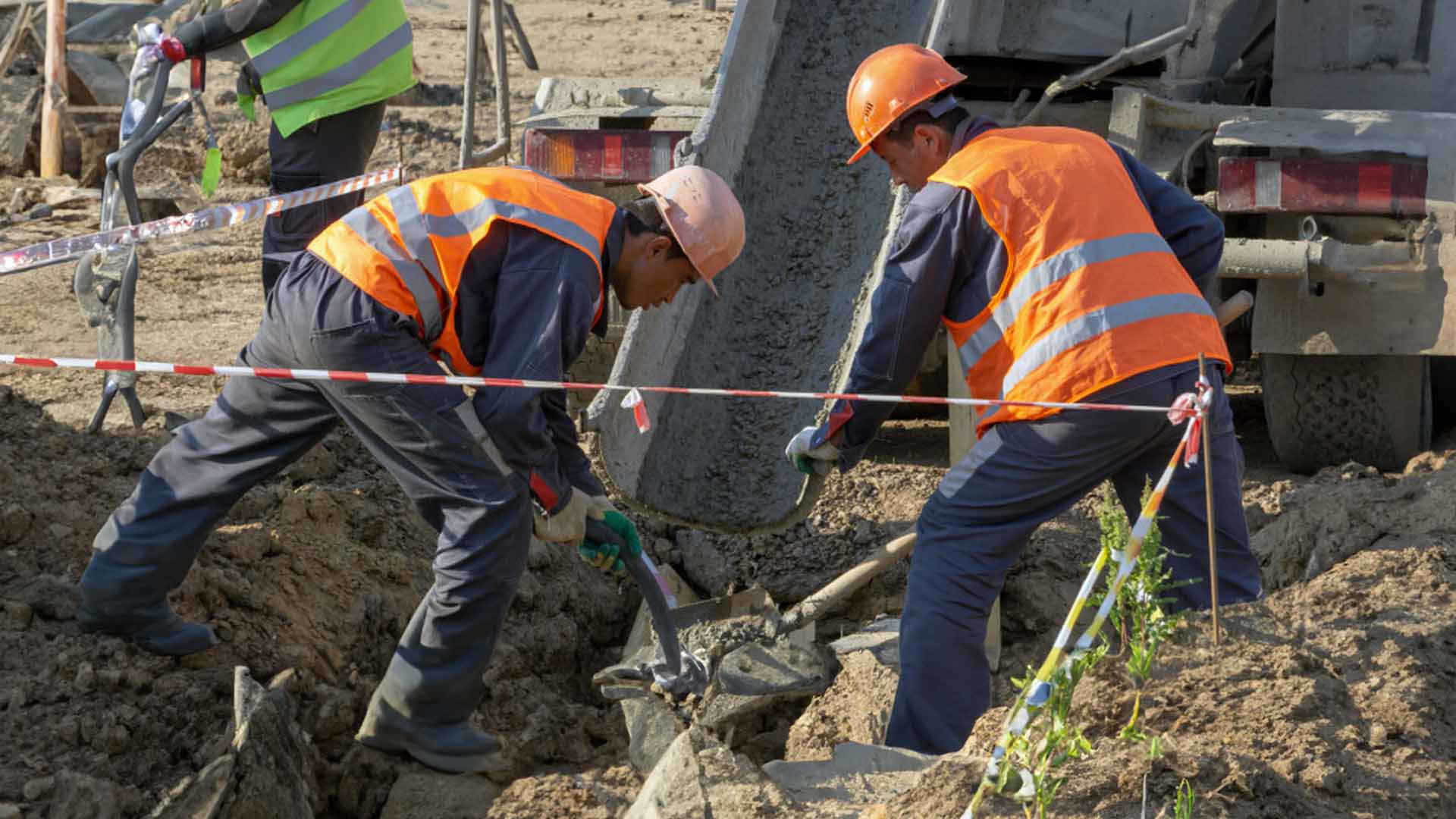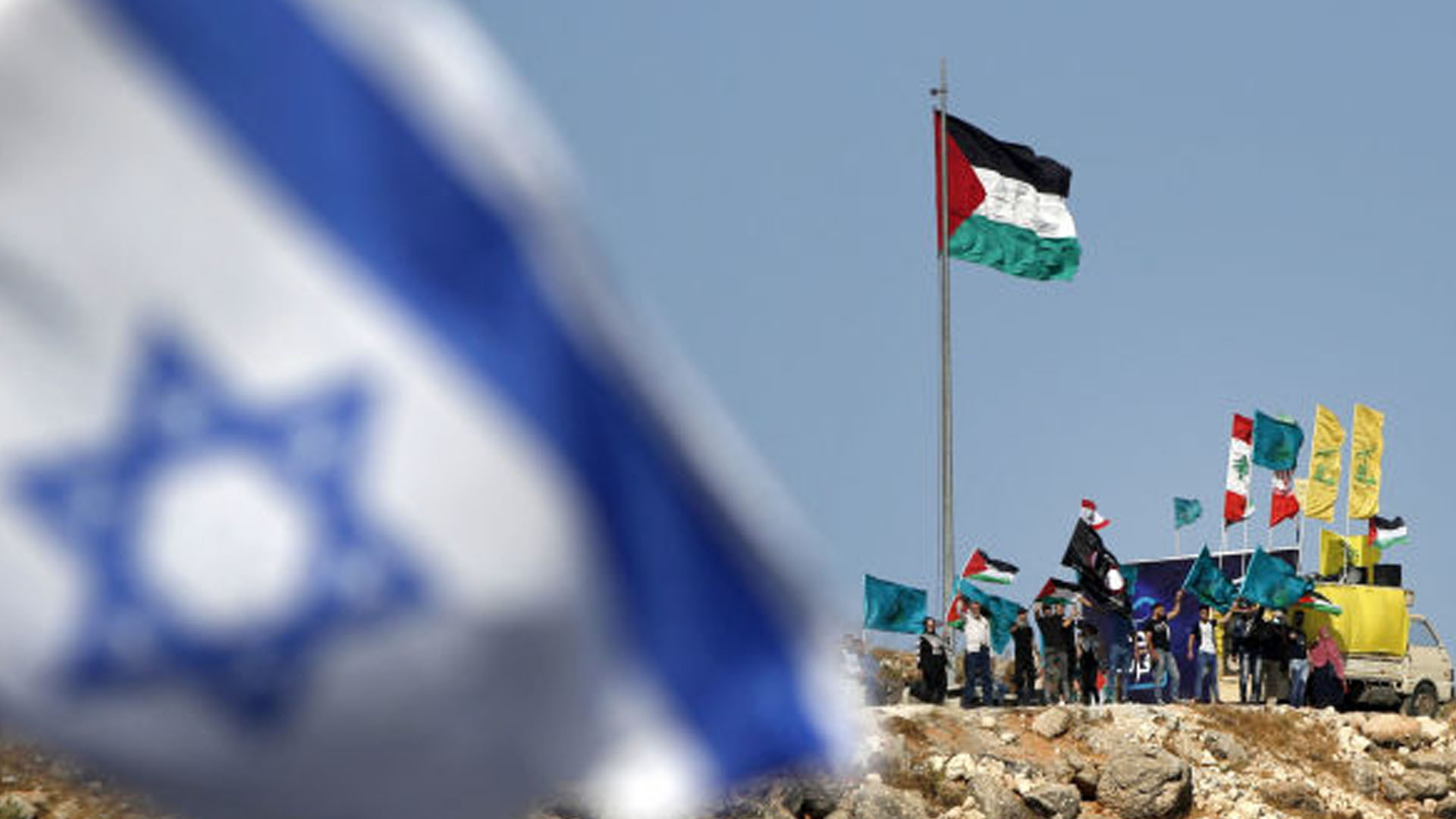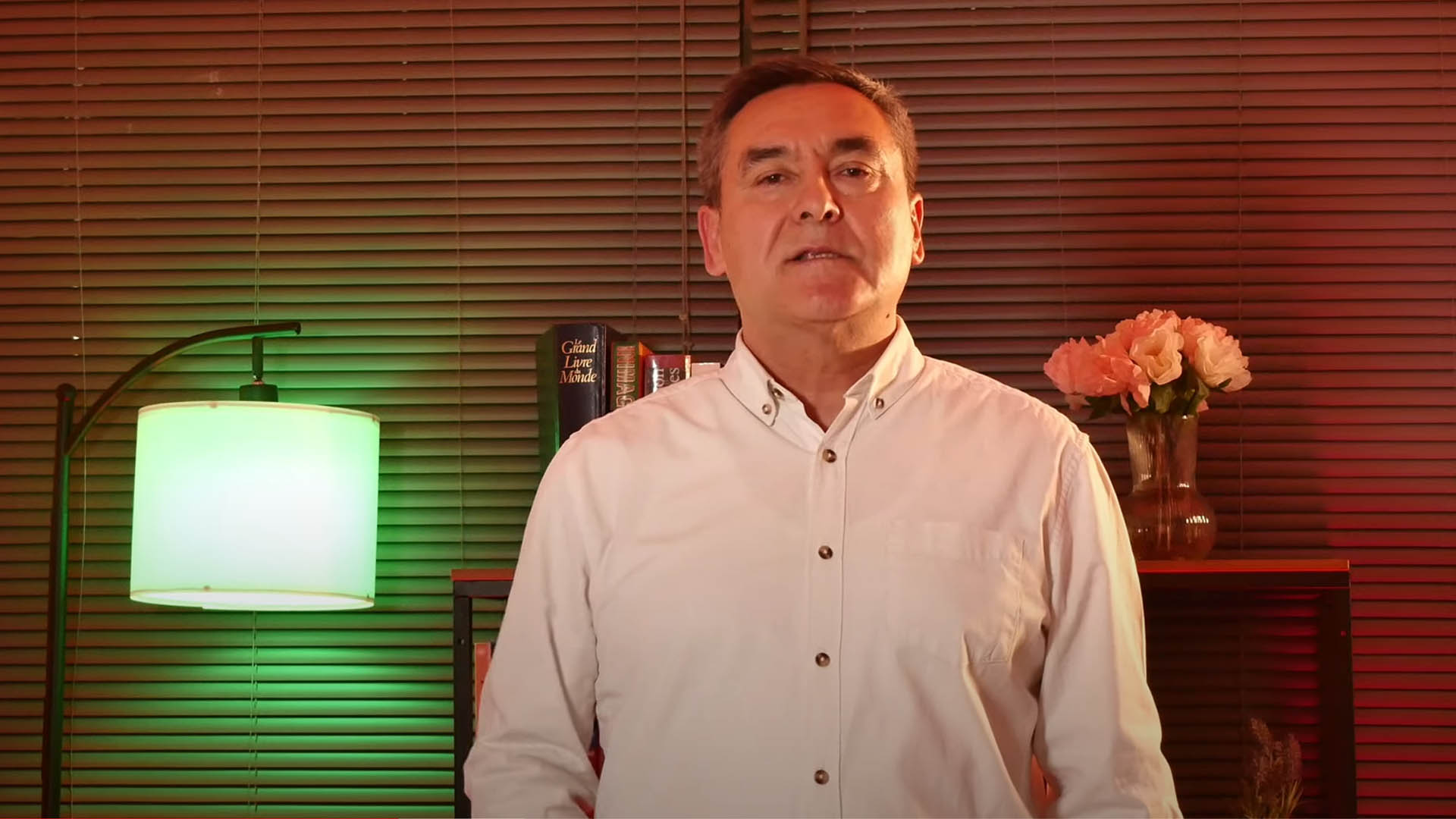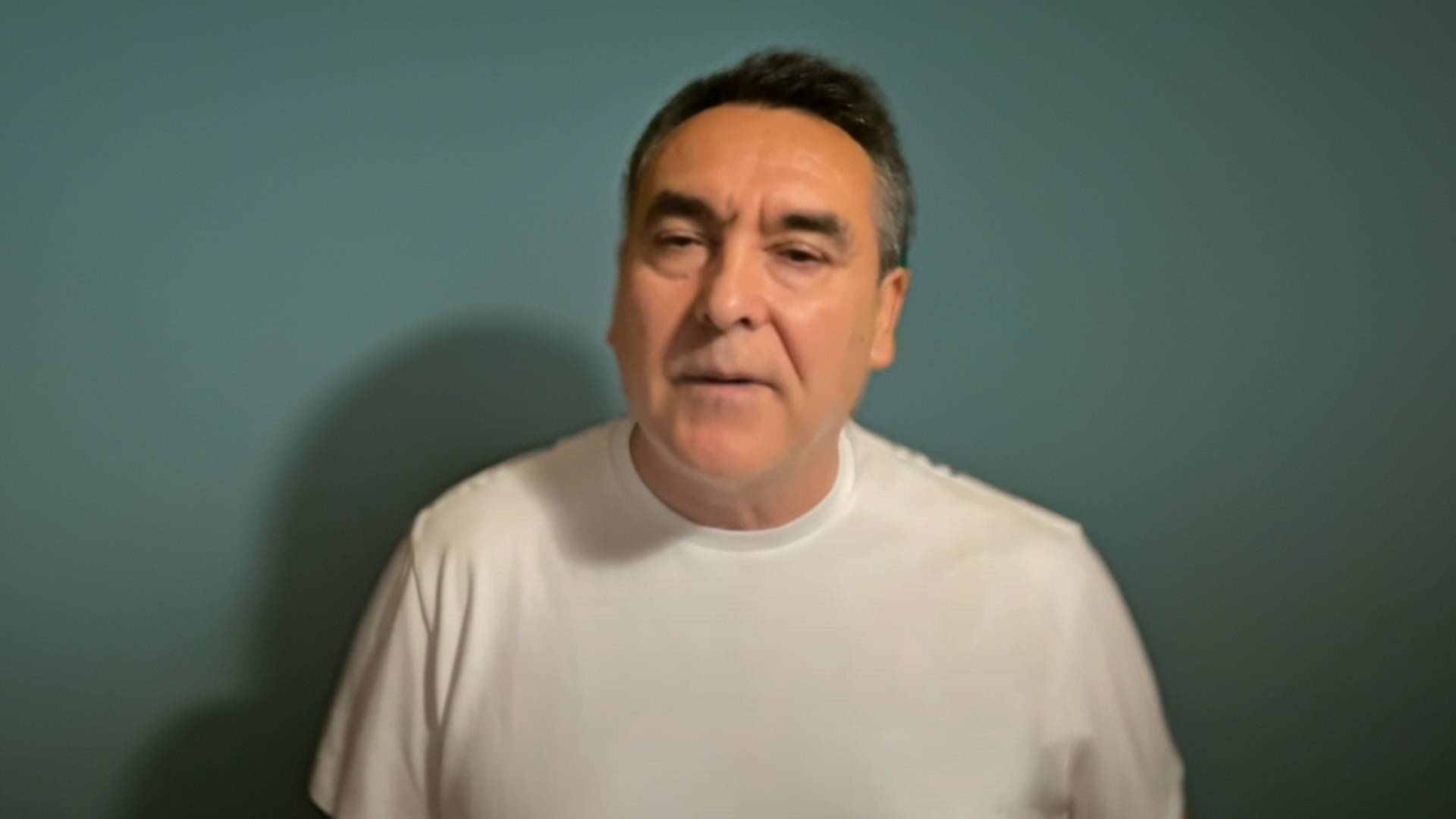The authoritarian regime of Emomali Rahmon is one of the most violent and tenacious in Central Asia. The former chairman of the Kulyab Regional Executive Committee has been ruling Tajikistan for 28 years — since November 16, 1994. Of the post-Soviet leaders currently in power, only dictator Alexander Lukashenko, who became president of Belarus on July 20, 1994, can compare with him.
Tajikistan today is a country where virtually any socio—political or journalistic activity that is not coordinated with the presidential administration is equated with treason, extremism and terrorism. The authorities are criminalizing independent Internet journalists and bloggers not only for political articles but even for covering “everyday topics”: problems of social injustice, poverty, and corruption of local officials.
The Tajik authorities have a long-standing experience of targeted harassment of media outlets that dare to contradict state rhetoric. The closure of local and blocking of foreign independent publications is a common practice. “It is almost impossible for journalists to work on issues that the government considers “sensitive” without endangering themselves, friends and family,” says the “Press Freedom Index” for 2022, which was prepared by Reporters Without Borders
https://rsf.org/en/country/tajikistan. Those of them who criticize the government risk physical attacks, intimidation, and imprisonment, as the “repressive attitude” of the authorities is “constantly increasing.”
Only recently, Tajik journalists and bloggers Daler Imomali, Abdullo Gurbati, Zavkibeki Saidamini, Ulfathonim Mamadshoeva, Muhammadi Sulton, and Khushruz Dzhumayev have been sentenced to various terms of imprisonment. Journalist and blogger Abdusattor Pirmukhammadzoda, who is sitting in jail, complains of torture https://rus.ozodi.org/a/32154044.html.
All of them were arrested between May and July. Court sessions against six convicts were held in closed mode https://rus.ozodi.org/a/32084326.html. They were accused, in particular, of spreading false information, participating in an extremist community, and cooperating with banned organizations. The journalists themselves and their relatives deny these accusations. According to observers of violations of media freedom, the charges against them were frankly fabricated and are part of a new campaign to suppress dissent. https://rus.azattyq.org/a/32092617.html
Experts believe that with the help of new repressions, the authorities are trying to control public opinion after the brutal suppression of the May protests in the Gorno-Badakhshan Autonomous Region (GBAO). By the way, among the above-mentioned prisoners were also natives of Gorny Badakhshan. This is a 65-year-old human rights activist and journalist Mamadshoeva, who was sent to a colony by the Supreme Court for 21 years, accused of organizing protests in GBAO and of publicly calling for the overthrow of the government” https://rus.ozodi.org/a/32169220.html. As well as 24-year-old Khushruz Dzhumayev, sentenced to 8 years. The Committee to Protect Journalists (CPJ) in its statement demanded that the authorities release the prisoners, calling the sentences “appalling” https://rus.ozodi.org/a/32175847.html. An international non-governmental organization has included Tajikistan in the list of 12 countries in the world where representatives of the mass media are most convicted. By the way, this is the highest indicator in Central Asia https://rus.ozodi.org/a/32176692.html.
However, there are only more and more horrific sentences in Tajikistan. The Rahmon regime, like any authoritarian regime, for the sake of preserving absolute power and intimidating the population, must periodically carry out repressions against dissidents. In Tajikistan, this is done under the slogans of fighting political extremists, radical Islamists, and, of course, separatists. This year, a new “tsunami” of repression hit, in addition to Tajik journalists, and representatives of the Pamir minority in Gorny Badakhshan.
24.12.2022


